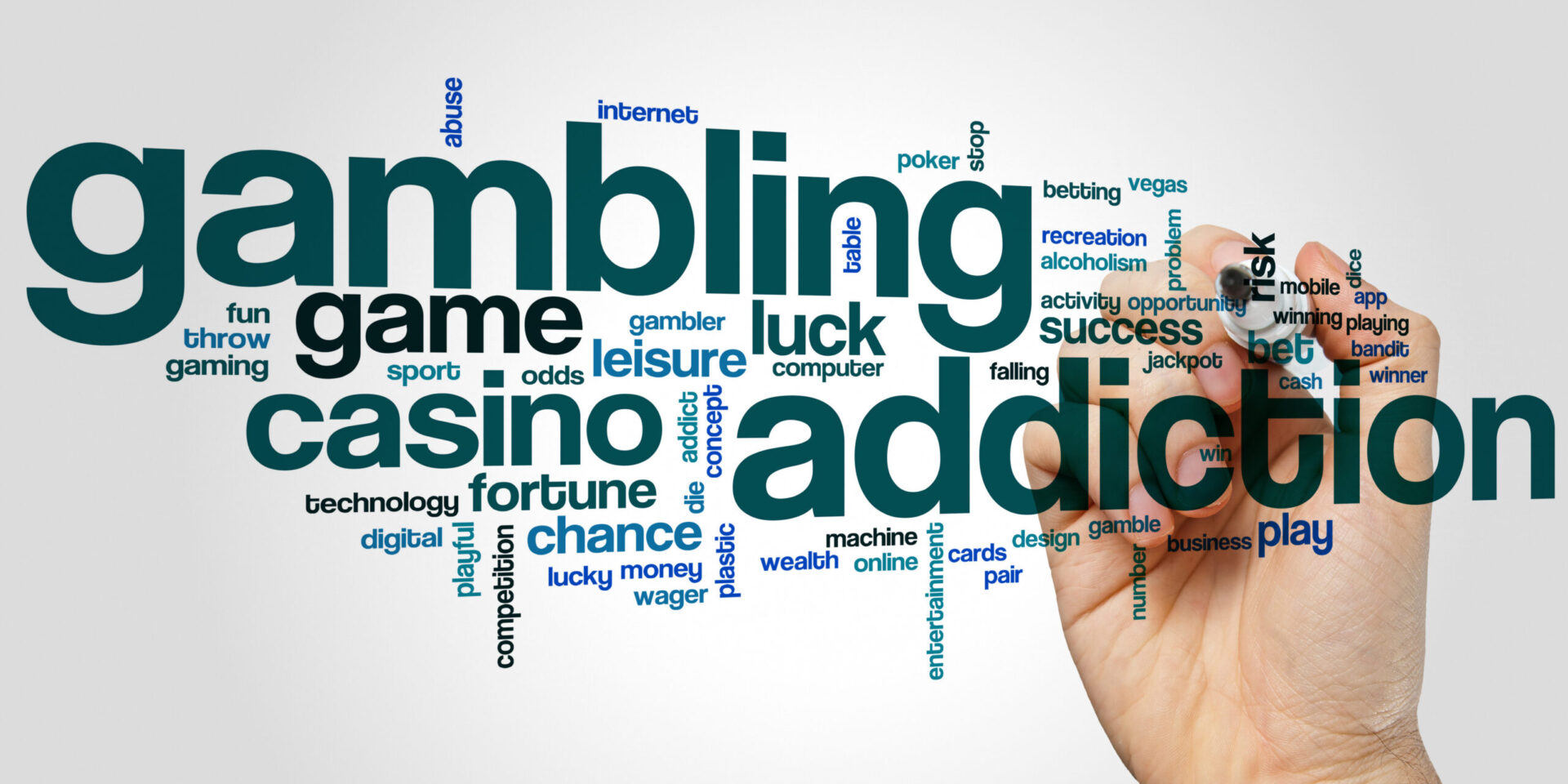Behavioural Therapies for Gambling Addiction
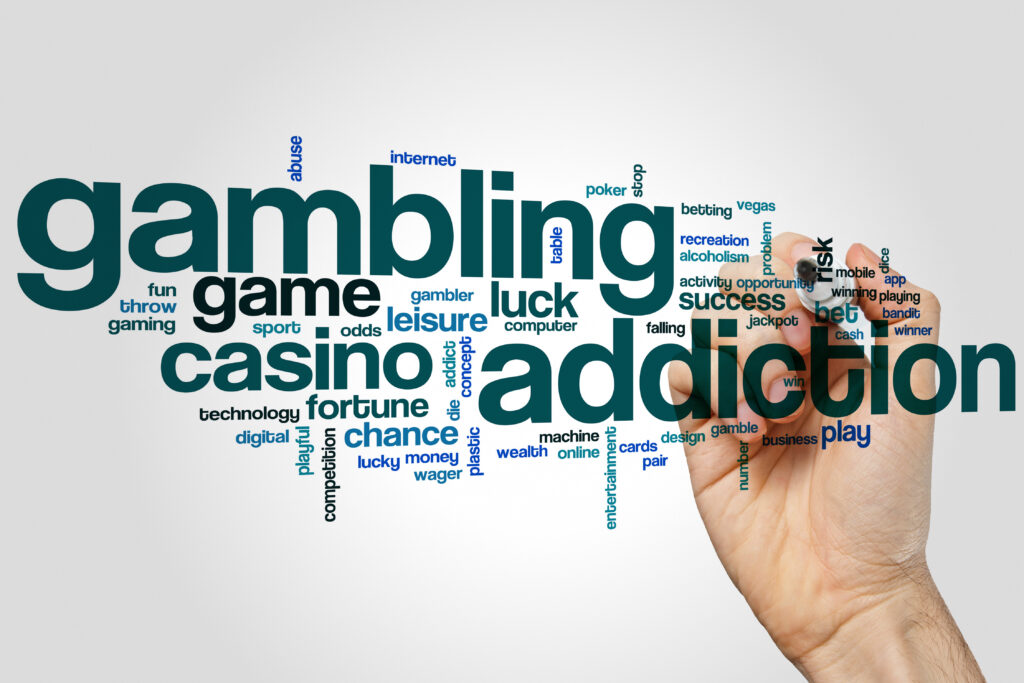
What are the behavioural therapies for gambling addiction? There are several options to choose from. It mainly depends on your needs as well as your goals in combating your gambling addiction. For some people, gambling is a fun, safe, and exciting leisure time activity. But to others, gambling can be problematic when it becomes a severe addiction.
Gambling becomes a serious issue if a person cannot control his or her urge to gamble. This behaviour often leads to negatively influence a person’s social, familial, financial, occupational, or recreational functioning.
While no exact physical elements drive it, addiction to gambling can take a grip on a person’s life the same way as drug or alcohol addiction does. The inability to control your urge to gamble will eventually lead to severe consequences, just like other forms of addiction.
This kind of obsession with gambling alters the brain and its reasoning patterns. Furthermore, treatment for gambling addiction depends heavily on behavioural approaches that assist a person in breaking the unhealthy habit by eliminating the thinking patterns that support it.
Related article: Treating Gambling Addiction Through Canadian Gambling Addiction Centers
What Causes Gambling Addiction
Several determinants can contribute to problem gambling. These factors include the wants to experience highs and thrills, the social status linked with being a prosperous player, desperation for money, and the lively atmosphere of the gambling scene.
Sadly, once a problem gambling kicks in, breaking its cycle will be entirely challenging. Severe obsessions can take over when a person feels financially desperate and the need to chase the lost bets.
When a person eventually wins, they might end up receiving a massive sum of cash from that win. But it is highly unlikely to cover the total amount of money you wasted in gambling. Besides, nearly all gamblers are not even close to recovering the total cost of their losses.
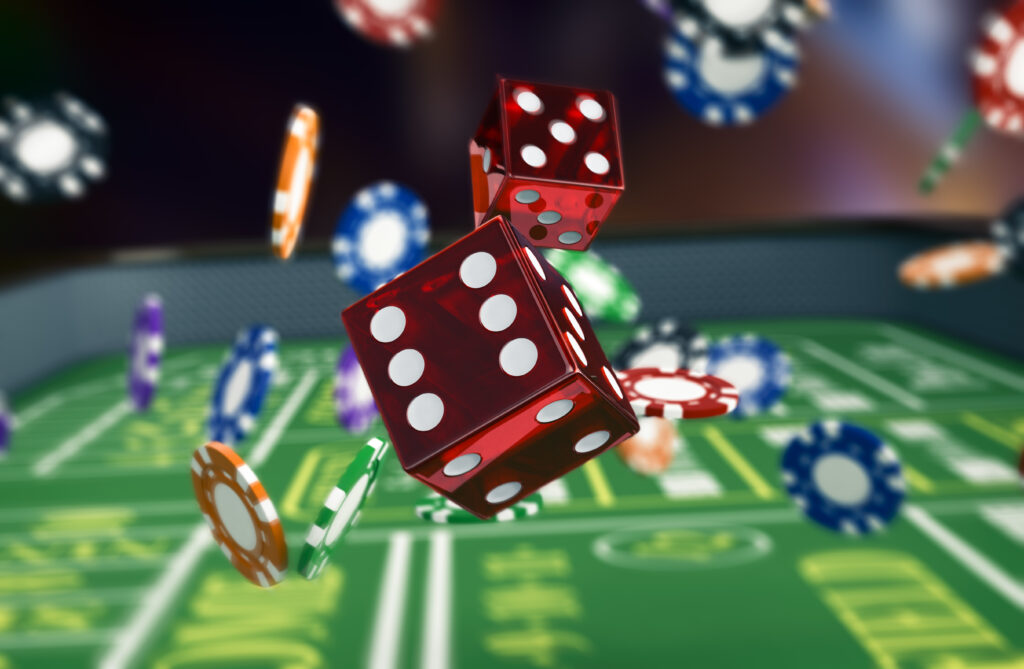
Adverse Effects of Problem Gambling
Gambling addiction is not always simple for someone to admit. People who have a gambling issue usually lie about their betting practices or try to conceal such unhealthy habits from others. Some of the adverse effects of problem gambling include the following:
- You will fall into massive debt and not possessing sufficient money for your day to day expenditures.
- Frequent conflict with your spouse, neglecting your responsibility as a family member, or not spending quality time with friends.
- You are underperforming at work, at the risk of losing the job.
These are the emotional effects of gambling addiction:
- You have a higher rate of anxiety and mental disease
- Your chances of experiencing loneliness or depression will increase
- You will experience episodes of anger, shame, guilt, and irritability
- You only think about gambling to solve your life problems
The behavioural effects of gambling addiction include:
- Risking yourself to suffer from drug addiction or substance abuse
- You will consider the idea of smoking and problem drinking
- You will have a tough time adjusting at work, at home, and other usual situations
Seeking Help For Problem Gambling
Although battling gambling addiction is a tough task, there is a wide array of treatment alternatives and resources ready to help you control your addiction to gambling. One of the several treatment options is through behavioural therapies for gambling addiction.
People who obsessively gamble likely have mental diseases, such as anxiety, depression, or issues concerning substance abuse. Chronic gambling may also link to conditions like Bipolar Disorder, Obsessive-Compulsive Disorder, or Attention Deficit Hyperactivity Disorder.
Behavioural Therapies for Gambling Addiction
Behavioural therapies for gambling addiction base its theories on operant and traditional conditioning. The assumption is that the person learns all the behaviours, and that wrong learning is the primary cause of deviant behaviour. Therefore, the person needs to learn proper or correct behaviour.
Who can benefit from behavioural modification?
Several people suffering from different disorders can benefit from behavioural modification. Many of these individuals usually seek help to manage:
- Anger issues
- Anxiety
- Panic disorders
- Depression
Furthermore, it can help manage other severe mental illnesses such as:
- Substance abuse
- Bipolar disorder
- Eating disorders
- Self-harm
- Phobias
- ADHD (Attention Deficit Hyperactivity Disorder)
- OCD (Obsessive-Compulsive Disorder)
- PTSD (Post Traumatic Stress Disorder)
As behavioural therapies for gambling addiction focus around eliminating toxic gambling practices, behaviour modification is the usual treatment approach which includes aversion therapy and image desensitization.
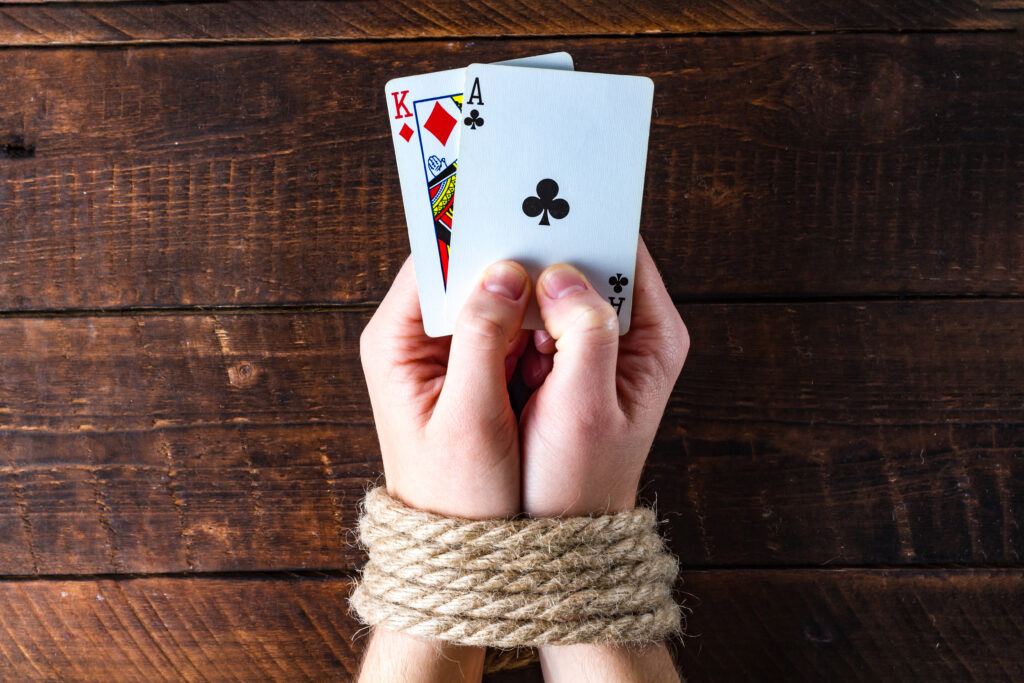
Aversion Therapy
This approach pairs unwanted behaviour with some form of an aversive stimulus intending to reduce undesired practices. For instance, alcoholics fancy going to bars and drinking large volumes of alcoholic beverages. Aversion therapy includes incorporating such behaviour and stimuli with a highly unpleasant unconditioned stimulus, like an electric shock for example.
The patient, therefore, learns to associate the unwanted behaviour with the electrical shock, and a link will form between the unacceptable behaviour and the reflex feedback to an electrical shock. Usually, in the case of alcohol addiction, the patient would need to drink a small volume of alcohol while under the influence of a drug which causes nausea.
Upon drinking a small amount of alcohol, the patient usually vomits almost immediately. With the help of this approach, the future smell of alcohol will generate a nauseous memory followed by vomiting. In effect, the patient thinks about not having to drink anymore.
Imaginal Desensitization
This technique usually involves utilizing relaxation procedures and visualization activities to change an individual’s natural response to gambling practices. Patients will need to visualize exposing themselves to a particular situation that stimulates their urge to perform their impulsive behaviour.
Now, they contemplate while performing on their desired activity. But then they leave the scene in a state of maintained relaxation without the need to act according to their urge. A patient can also perform imaginal desensitization at home through an audiotape. This option will be beneficial for the patients to maintain the therapeutic regimen.
Takeaway
Any form of addiction is severe. Similar to drinking abuse and drug addiction, unhealthy gambling habits can certainly affect your life negatively. It is still best to seek the help of health professionals while gambling habits are still mild. It is for you to transition your harmful habit to a better one quickly.
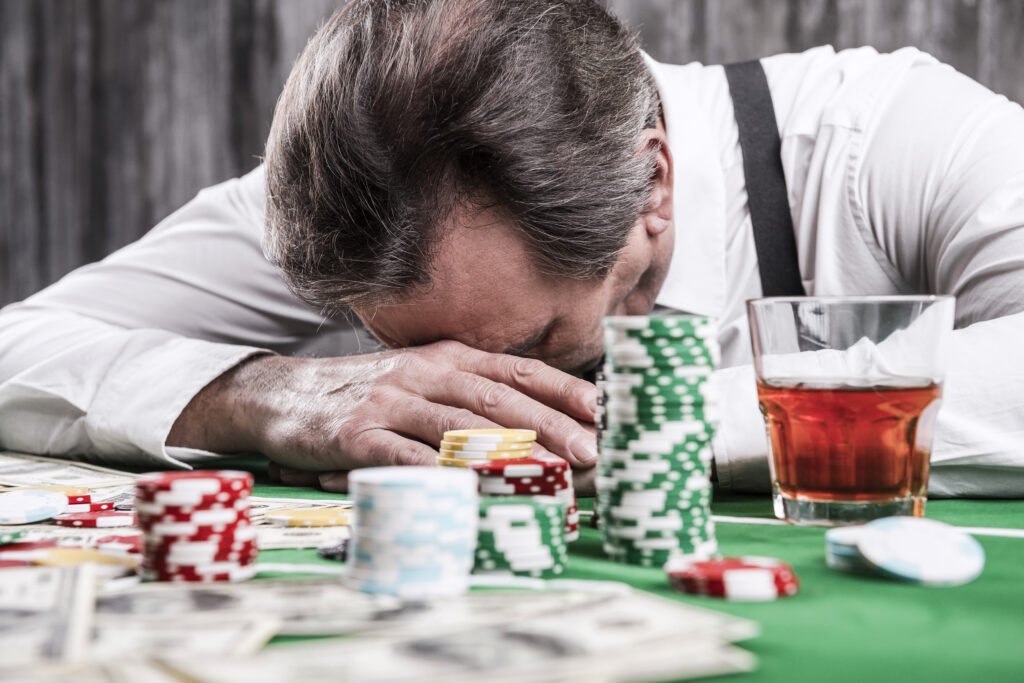
With awareness concerning the behavioural therapies for gambling addiction, you are now knowledgeable concerning the signs and symptoms, along with the early treatment plan for gambling addiction. This knowledge will be beneficial for you and your loved ones, particularly the ones having gambling problems. Call Inspire Change Addiction Rehab in Vancouver for addiction treatment programs.

